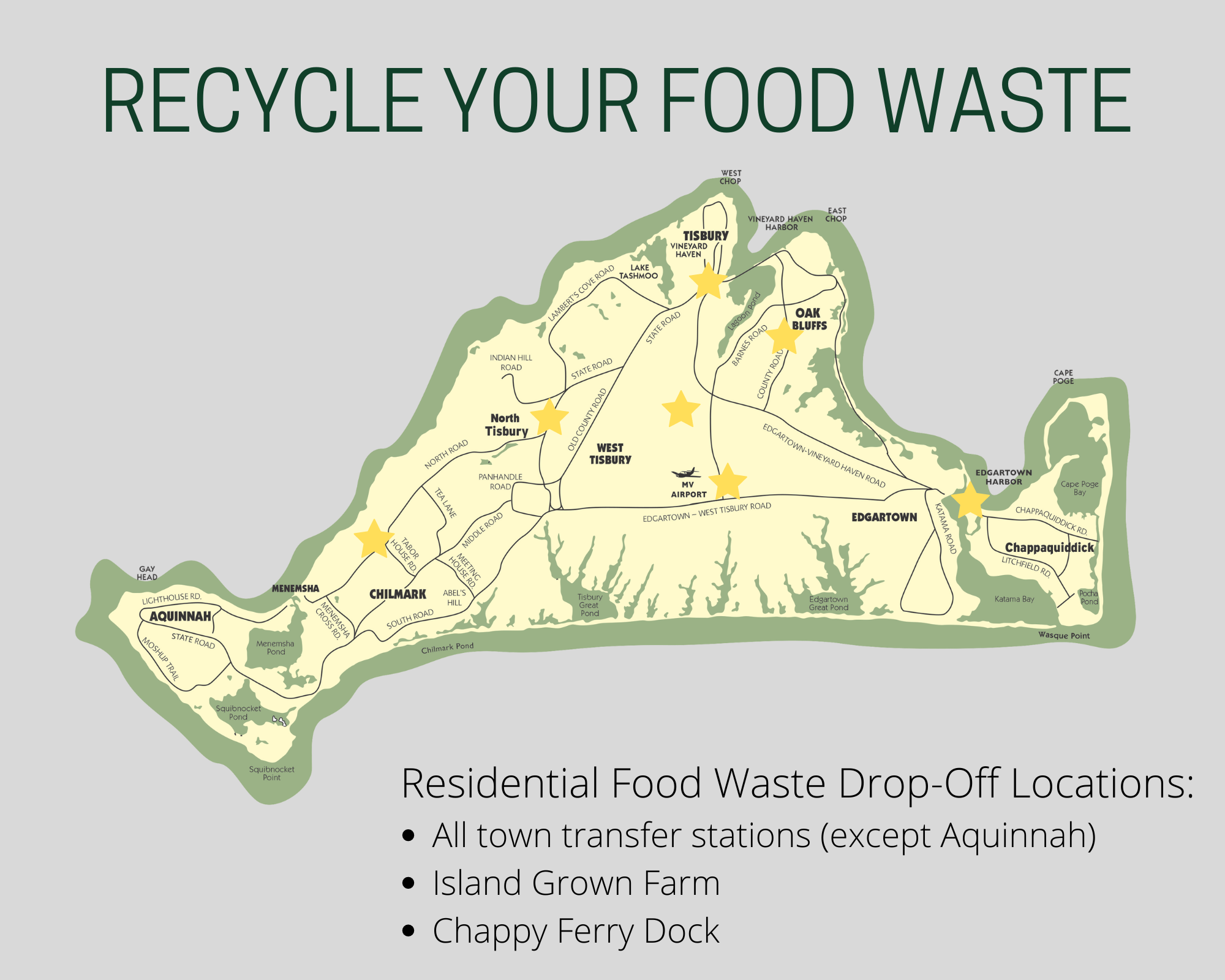OBJECTIVE
Students will understand how plant a garden and be able to write poetry with the garden as a topic
ESSENTIAL QUESTIONS
How do we grow food ourselves? What can we experience with all our senses in the garden?
MATERIALS NEEDED
- Garden poem examples,
- Word Harvest worksheet
- Lettuce
- Kale
- Chard starts
- Pea and radish seeds
PROCEDURE
Introduction:
Today we are going to plant our salad garden. But we are going to do something special to keep us really attentive and observant while and after we plant. We are going to write poems about the garden.
• What is a poem? What about a poem makes it different from a news story? The great thing about poetry is that there are no rules
o It’s great to use all your senses–what are they?
o You can make comparisons–similes and metaphors
o You can rhyme/you cannot rhyme
• Read examples: Ask: what is this poem about? Does it conjure an image for you? How does it make you feel?
• What does it mean to observe something? (To study something with all of your senses)
• How are observations different from feelings and reactions? (Observations are things we notice happening around us, feelings are things we notice within ourselves)
• Explain “Word Harvest” worksheet
Activity 1:
• One group planting at a time, while other groups work on worksheet
• Review garden expectations
Activity 2:
• Write a poem as a group either outside or in the classroom
• Have students write their own poems
Wrap up: Share poems and tell students you will submit poems to the newspaper!
FOLLOW UP & EXTENSIONS
• Introduction to soil
• Salad garden eating








